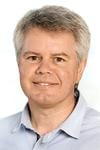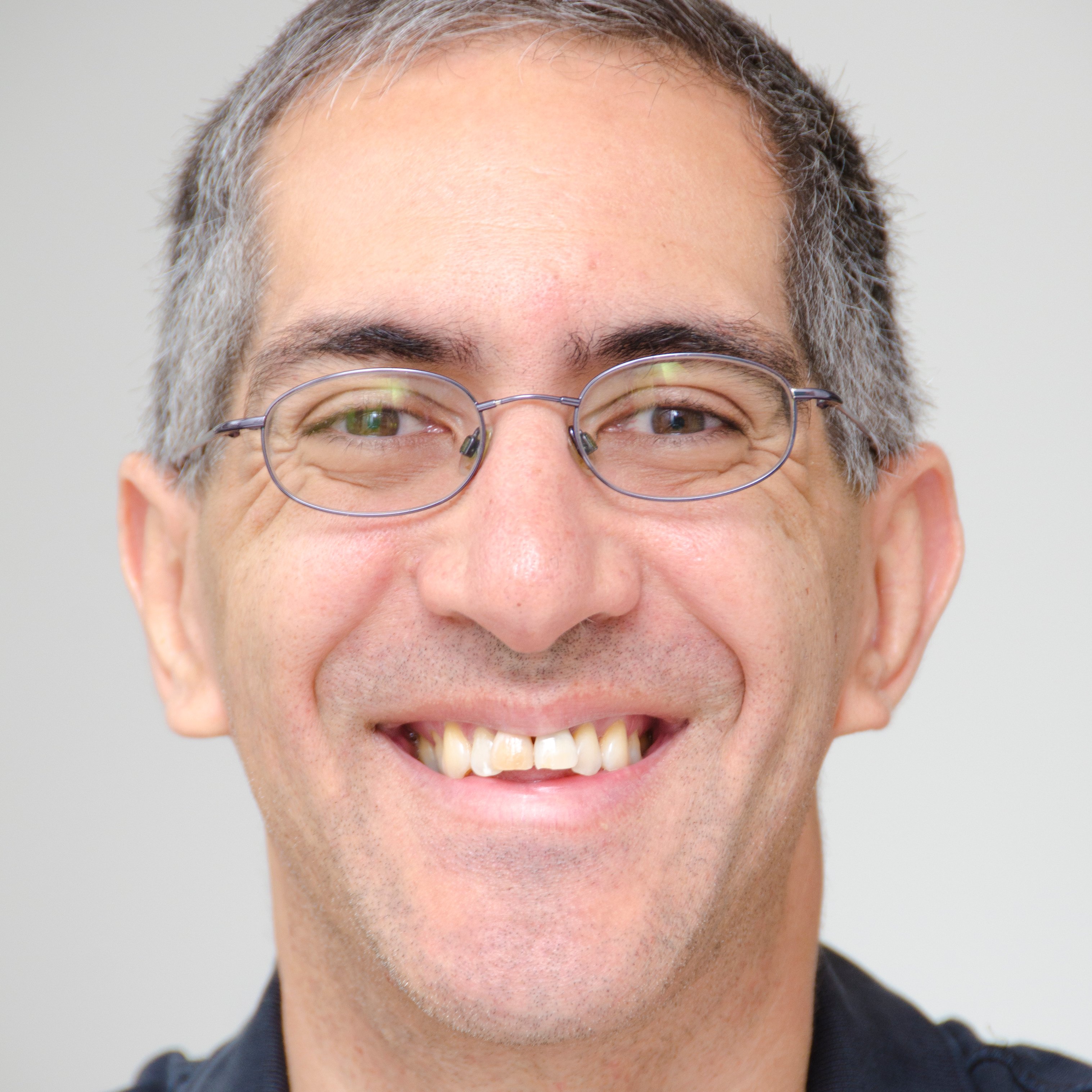- Sponsor:
- sigcse
Welcome to Seattle and SIGCSE 2017! Seattle is a vibrant, forward-thinking city that offers the perfect backdrop for SIGCSE. We are sure that together, the Symposium and Seattle's many attractions, such the Space Needle and Pike Place Market, will engage your mind and your sense of adventure.
The SIGCSE 2017 conference theme---Inspire, Innovate, Improve!---highlights our aim to inspire computing educators to innovate new teaching strategies, and to improve those strategies by engaging in the self-reflection and evaluation necessary to deliver the best possible learning outcomes for all. Our program showcases computer science education efforts in K-12, lower- and upper-level undergraduate courses, open-source software, outreach, and education research. A variety of sessions are sure to help you find what you are looking for, from Papers on experience reports, new curricula, and research studies, to Panels, Special Sessions, Workshops, Posters, Demonstrations, Birds of a Feather and the ACM SIGCSE Student Research Competition. We encourage you to visit our exciting Exhibits showcasing the latest in hardware, software tools, textbooks, educational programs, and educational research.
On Thursday, Jeannette Wing, Corporate Vice President for Microsoft Research, will deliver our opening plenary address. Jeannette will challenge us to embrace uncertainty in computing, which abounds in the real world where data drives discovery, as she helps us understand what implications this has for undergraduate computer science curricula.During our Saturday lunch, Mitchel Resnick, Professor of Learning Research at the MIT Media Lab, will discuss strategies for fulfilling Seymour Papert's dream of using programming as a new way for all children to explore, experiment, and express themselves. This year's recipient of the SIGCSE Award for Lifetime Service to the Computer Science Education Community, Mats Daniels (Associate Professor and director of undergraduate studies at the Department of Information Technology, Uppsala University, Sweden), will speak at the First Timers' Lunch on Friday and Gail Chapman (Director of Outreach for Exploring Computer Science), recipient of the SIGCSE Award for Outstanding Contributions to Computer Science Education, will give the Friday morning plenary address. We look forward to hearing the keynotes by these valued members of the SIGCSE community.
The SIGCSE Symposium strives to promote high-quality scholarship and community engagement around computer science education. 916 volunteers provided each Paper, Panel, Special Session, and Workshop with at least 5 reviews, and each Poster, Birds of a Feather, Demonstration, Lightning Talk, and ACM Student Research Competition submission with at least 3 reviews. These reviewers, along with 50 Associate Program Chairs (APC) and 8 Track Chairs, discussed the papers to come to consensus and resolve misunderstandings. The Program Chairs made final selections based on Track Chair and APC recommendations as well as importance to the SIGCSE community, novelty, and timeliness. The table below shows the number of submissions received and accepted in each submission category.
This year we recognize a new category of the top 25% of accepted papers as "Exemplary papers", highlighted by the Program Chairs for their accomplishment of high quality, novelty and broad appeal to reviewers. The Program Chairs also selected three best papers, that each received at least 2 of the highest rankings from reviewers. The Best CS Education Research Paper is "Computing with CORGIS: Diverse, Real-world Datasets for Introductory Computing" by Austin Bart, Ryan Whitcomb, Dennis Kafura, Cliff Shaffer and Eli Tilevich. The Best New Program Paper is "Infrastructure for Continuous Assessment of Retained Relevant Knowledge" by Kathleen Timmerman and Travis Doom. The Best Experience Report Paper is "Making Noise: Using Sound-Art to Explore Technological Fluency" by Erik Brunvand and Nina McCurdy.
Cited By
-
Fitriyah Y, Dahlan J and Wahyudin W (2024). Review and Trend Analysis of Computational Thinking Research in Mathematics Education (2013-2023), Jurnal Math Educator Nusantara: Wahana Publikasi Karya Tulis Ilmiah di Bidang Pendidikan Matematika, 10.29407/jmen.v10i2.22039, 10:2, (381-394)
 Chen H and Ward P The Value of Time Extensions in Identifying Students Abilities Proceedings of the 2023 Conference on Innovation and Technology in Computer Science Education V. 1, (512-518)
Chen H and Ward P The Value of Time Extensions in Identifying Students Abilities Proceedings of the 2023 Conference on Innovation and Technology in Computer Science Education V. 1, (512-518)-
Uys W and Chigona W (2020). Evaluating undergraduate students’ self-directed learning experiences during research-based learning Self-directed learning research and its impact on educational practice, 10.4102/aosis.2020.BK206.02, (27-66)
 Falkner K, Sentance S, Vivian R, Barksdale S, Busuttil L, Cole E, Liebe C, Maiorana F, McGill M and Quille K An International Study Piloting the MEasuring TeacheR Enacted Computing Curriculum (METRECC) Instrument Proceedings of the Working Group Reports on Innovation and Technology in Computer Science Education, (111-142)
Falkner K, Sentance S, Vivian R, Barksdale S, Busuttil L, Cole E, Liebe C, Maiorana F, McGill M and Quille K An International Study Piloting the MEasuring TeacheR Enacted Computing Curriculum (METRECC) Instrument Proceedings of the Working Group Reports on Innovation and Technology in Computer Science Education, (111-142) Bennedsen J and Caspersen M (2019). Failure rates in introductory programming, ACM Inroads, 10:2, (30-36), Online publication date: 25-Apr-2019.
Bennedsen J and Caspersen M (2019). Failure rates in introductory programming, ACM Inroads, 10:2, (30-36), Online publication date: 25-Apr-2019.-
Rodriguez S and Lehman K (2018). Developing the next generation of diverse computer scientists: the need for enhanced, intersectional computing identity theory, Computer Science Education, 10.1080/08993408.2018.1457899, 27:3-4, (229-247), Online publication date: 2-Oct-2017.
-
Maguire P, Maguire R and Kelly R (2018). Using automatic machine assessment to teach computer programming, Computer Science Education, 10.1080/08993408.2018.1435113, 27:3-4, (197-214), Online publication date: 2-Oct-2017.
Recommendations
Acceptance Rates
| Year | Submitted | Accepted | Rate |
|---|---|---|---|
| SIGCSE '19 | 526 | 169 | 32% |
| SIGCSE '18 | 459 | 161 | 35% |
| SIGCSE '17 | 348 | 105 | 30% |
| SIGCSE '16 | 297 | 105 | 35% |
| SIGCSE '15 | 289 | 105 | 36% |
| SIGCSE '14 | 274 | 108 | 39% |
| SIGCSE '13 | 293 | 111 | 38% |
| SIGCSE '12 | 289 | 100 | 35% |
| SIGCSE '11 | 315 | 107 | 34% |
| SIGCSE '02 | 234 | 73 | 31% |
| SIGCSE '01 | 225 | 78 | 35% |
| SIGCSE '00 | 220 | 78 | 35% |
| SIGCSE '99 | 190 | 70 | 37% |
| SIGCSE '98 | 201 | 72 | 36% |
| SIGCSE '97 | 177 | 75 | 42% |
| SIGCSE '96 | 205 | 78 | 38% |
| Overall | 4,542 | 1,595 | 35% |






